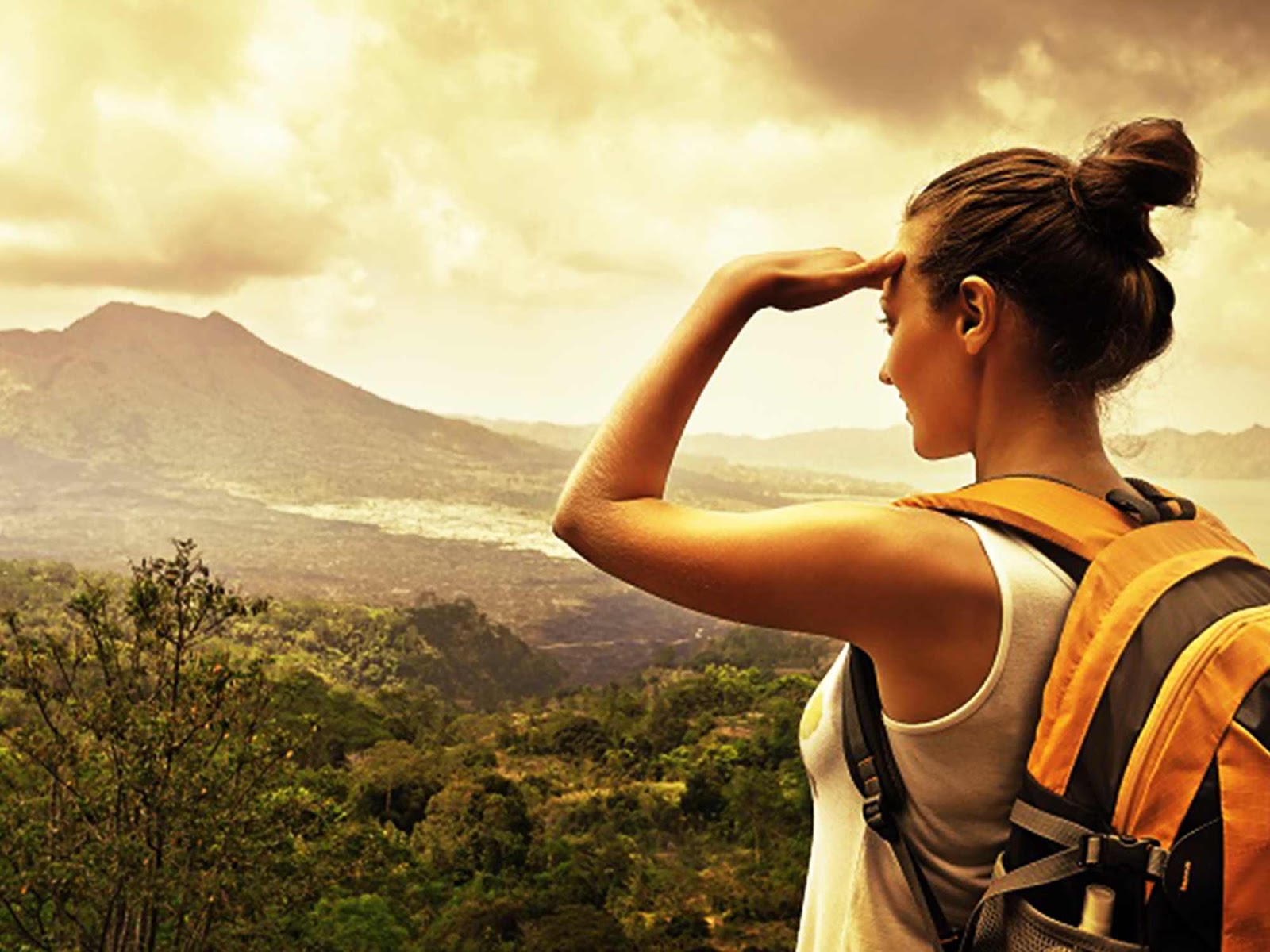TRAVELLING IN YOUR SELF
Six Tips For Travelling Alone
Have you ever thought about taking a trip alone? There are plenty of benefits to solo travel, like being able to explore new places at your own pace without having to wait for or catch up to travel companions. You won’t be overwhelmed with everyone else’s needs and schedules. Plus, you get time to yourself to enjoy beautiful scenery, peaceful meals and extra time at the landmarks or attractions that most interest you.
It’s normal to feel some nervousness or discomfort about the prospect of traveling alone, especially if you’re planning a trip to a different country where you may not know anyone. Luckily, there are some smart ways to stay safe while traveling solo. Here are six suggestions to help you feel more secure when traveling alone:
1. Share Your Travel Plans With Trusted Family or Friends and Stay Connected
Send your travel itinerary, hotel reservation information and details of any planned activities to a family member or friend back home. Also, before any solo excursions, let the hotel staff know where you’re headed and when you expect to return.
If you are traveling abroad, sign up for the Smart Traveler Enrollment Program (STEP), a free service that allows U.S. citizens and nationals traveling and living abroad to enroll their trip with the nearest U.S. Embassy or Consulate. STEP enrollment ensures you will receive important information from the embassy about safety conditions at your destination country so you can make informed decisions about your travel plans. The STEP service helps the U.S. Embassy know more about your whereabouts and how to contact you in an emergency. It also helps family and friends get in touch with you, if needed.
To stay connected with friends, family or work, even if sparingly during your solo travels, check with your smartphone provider to determine what capabilities you’ll need at your travel destination. Checking in by email or through social media works too, when you have Wi-Fi access.
2. Make an Emergency Plan
Ideally, you’ll never face a medical issue, accident or robbery while traveling. However, it’s smart to know where to turn if an unfortunate event occurs. Research nearby hospitals, police stations and other emergency facilities before you travel. If you’re traveling internationally, learn emergency phrases in the local language so you can ask for help if you need it.
Visit your doctor or a travel clinic before you leave to ensure you have the right inoculations. When packing, bring a supply of any prescription drugs you may need, face masks, hand sanitizer and items to protect yourself from mosquitoes and other potentially disease-carrying pests. It’s wise to do your research regarding the safety of drinking water, fresh produce and dining establishments at your destinations to help avoid illnesses during your travels.
3. Secure Your Valuables
Bring only what you need when you venture out — like your phone, a credit card, some cash, an ID and a copy of your passport. Keep these concealed in a secure bag you can see at all times. Don’t put bags with these items down or out of your line of sight.
In case of an emergency, you should also have a photocopy of your passport in case the original gets lost or stolen. Keep the copy in a safe and separate place from where you are storing your actual passport. Consider leaving a copy with a friend or family member back home, too. It’s also important to stay alert and keep your belongings close when riding trains, buses or other forms of transportation. Store extra money, jewelry, your actual passport and other important documents in the hotel safe.
4. Avoid Reckless Behaviors and Use Common Sense
Many of the following tips apply wherever you venture out solo — even in your hometown.
Don’t drink too much and keep your drinks in your line of sight. Avoid going anywhere alone with a stranger.
Pay attention to those around you when you are walking, hiking or driving.
If you feel uncomfortable, walk into a public place like a restaurant or catch up with a large group of people.
If someone asks if you are traveling alone, say you are on your way to meet a spouse, relative or friend.
Read more travel safety tips.
5. Do Your Safety Research and Choose Wisely
Learn about your destination’s safest neighborhoods and if there are any areas you should avoid. Learn the safest routes to take and best forms of public transportation. Understanding more about the area you’re visiting can help you choose lodgings with good safety ratings.
When possible, reserve a room above the ground floor but not too far from the lobby and hotel amenities. Once you’ve checked in, keep your door locked with the security chain fastened when in the room, and don’t answer the door if you are not expecting hotel staff or visitors.
6. Get Travel Insurance
Protect yourself, and the investment you’ve made in your trip, from unforeseen events. Trip cancellation and interruption insurance can help reimburse you for covered losses like those caused by weather, natural disasters, some illnesses and other issues. Other travel insurance policies can help protect you from unexpected medical and evacuation expenses, as well as losses caused by baggage delays, theft and more. Learn more about travel insurance here.
ReplyForward |




Good
ReplyDeleteGoof post
ReplyDelete